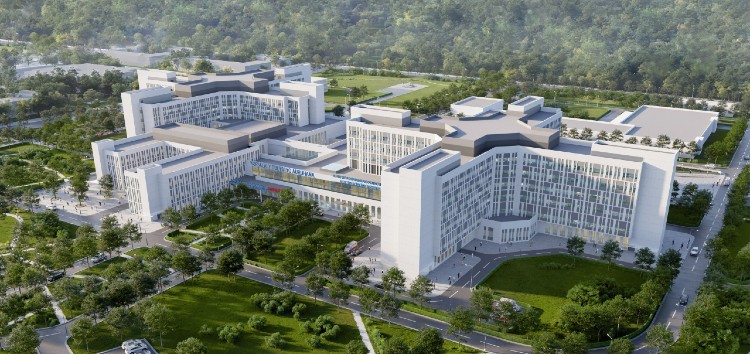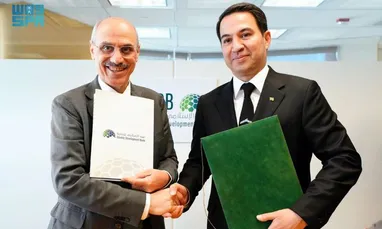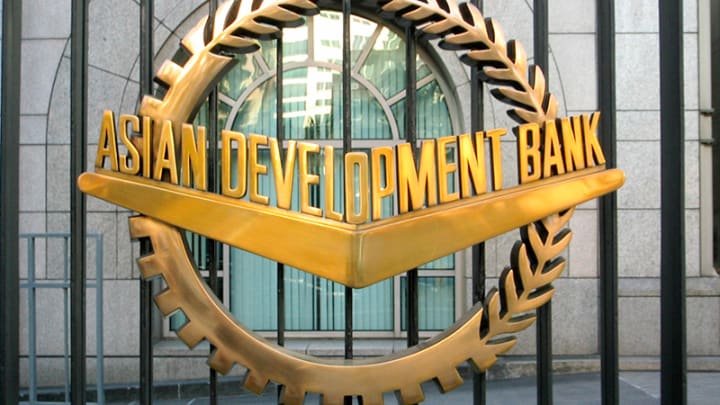EBRD Supports Healthcare and Municipal Transport Projects in Kazakhstan
The European Bank for Reconstruction and Development (EBRD) has supported Kazakhstan's first healthcare sector public-private partnership (PPP) project, and provided finance for a tram fleet renewal program in the Kazakh city of Pavlodar. The EBRD arranged a €365 million financing package provided by six financial institutions to construct and operate a 630-bed multidisciplinary hospital in Kokshetau, northern Kazakhstan. The financing, including the EBRD’s €105 million loan, will be provided to a Kazakhstan-based subsidiary of Rönesans Holding of Turkey. The project will be co-financed through parallel loans totaling up to €260 million provided by the Asian Infrastructure Investment Bank (AIIB), the German investment corporation DEG, the Islamic Corporation for the Development of the Private Sector (ICD), Proparco, a subsidiary of Agence Française de Développement, and the Development Bank of Kazakhstan (DBK). This first PPP in the healthcare sector of Kazakhstan and Central Asia will be a greenfield development of a 110,000 m2 facility, which will provide services to more than 730,000 people living in the city of Kokshetau and the broader region of Akmola. According to the PPP agreement, the private partner will be responsible for maintaining the facility and running a digital hospital information management system. At the same time, Turar Healthcare, a state-owned, non-profit national healthcare operator, will provide medical services. EBRD President Odile Renaud-Basso, who was visiting Kazakhstan, commented: “The EBRD is pleased to join forces with our longstanding client Rönesans Holding to launch the first healthcare sector PPP in Kazakhstan and the region. PPPs are recognized as one of the most effective forms of long-term contractual relationships between the public and private sectors. They will help provide sustainable healthcare solutions, introduce new technologies, and improve the quality of medical services.” The EBRD has also announced support for a tram fleet modernization program in the north-eastern Kazakh city of Pavlodar. The EBRD’s loan of up to €10 million to Pavlodar tram management company will help the company acquire up to 25 energy-efficient trams. A €4 million loan from the Clean Technology Fund will co-finance the project. The tram company handles almost 40 percent of passenger traffic in the city, with a population of more than 360,000. Yet nearly 60 percent of the company’s fleet was commissioned in the 1970s and 1980s and requires urgent renewal. New battery-powered trams will have an autonomous driving range of up to 20 km, which means they can continue operating during electricity outages. The EBRD has invested €10 billion in 328 projects in Kazakhstan, most of which support private entrepreneurship.





